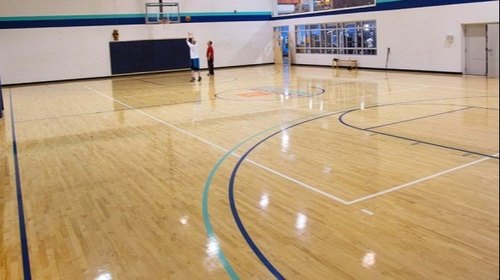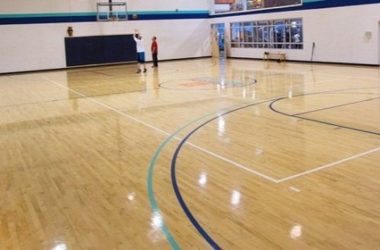Retirement is a milestone that is worth celebrating with stress-free relaxation. However, retirement is not the time to steer away from keeping your mind and body healthy. When people retire, they often become inactive as they find other things to occupy their time.
According to the Centers for Disease Control and Prevention (CDC), 65% of seniors ages 75 and older are physically inactive. Being active keeps you mentally and physically fit, which can add years to your life. Let’s dive into the six reasons you should keep active after you retire.
1. Maintain a healthy body weight
It is natural for a person’s metabolism to slow down as they age, which is why being active in retirement is more critical than ever. Maintaining a healthy weight is also important, considering obesity is more common in senior citizens.
Obesity contributes to many health conditions such as diabetes, skin disorders, respiratory disease, and arthritis. Reversing obesity might be more challenging as a senior citizen because your metabolism slows down. This is why being physically active once you retire should be part of your everyday routine.
Regular physical activity will help burn off calories. Walking, gardening, or riding a bicycle are all good ways to exercise. If you want to burn some serious calories, you can participate in high-intensity workouts, such as jumping rope, running, or stair climbing.
2. Benefits cognitive function
Senior citizens may experience cognitive decline as they age which can include difficulty remembering things. One study published by Neurology found that physical activity has a long-lasting, positive influence on cognitive performance.
When you are physically active, you can slow down the process of a mental decline. Getting up and moving creates blood flow throughout your whole body, including your brain. The more blood flow you have, the more potential brain cell growth.
Many studies prove physical activity increases cognitive speed, memory, and attention span. When you stay active consistently, you will begin to see more brain improvements.
3. Improves mental health
Staying active in retirement provides an endless amount of mental health benefits. When you live an active lifestyle, you will produce more endorphins, which gives you the feeling of happiness. Endorphins are also a major stress reliever. Physical activity relieves stress, boosts mental energy, and promotes a sense of calmness and well-being, which is great for seniors who suffer from anxiety or depression.
Exercise can help fight depression by keeping your mind occupied and help steer away from any negative thoughts. Studies have shown exercise is just as powerful as antidepressant medication and can help prevent relapse of mild to moderate depression, according to the Help Guide.
4. Risk of falls decline
According to the CDC, falling is the number one cause of injury that leads to death among senior citizens. Fall injuries are one of the most expensive medical conditions and the leading cause of hospital stays among older adults. Seniors take much longer to recover from falls, which is why you should begin to train your body to prevent them. A way to avoid falling is by staying active.
Exercise improves your flexibility, strength, and balance. Activities that could benefit your balance are aerobics, bike riding, and resistance and strength training. Improving your balance and gaining strong muscles will help prevent any falls while also enhancing your recovery time if you were to experience a fall.
5. Improves bone health
As you age, your muscle mass and bone density tend to decline, and it declines at a quicker rate once you are over 50 years old. Osteoporosis is a health condition commonly found in seniors, especially women. Osteoporosis causes your bones to become weak and can lead to fractures. Most people are not aware they have this condition until they break a bone.
A way to prevent osteoporosis is by strengthening your bones with physical activity. Hiking, jogging, or even dancing can help strengthen your bones and keep them strong. If you incorporate weights in your exercises, you will increase your muscle mass and build more cells, helping keep your bones dense.
6. Promotes a healthy heart
As physical activity helps strengthen your muscles and bones, it also helps strengthen your heart. One of the most common diseases among senior citizens is heart disease. When you stay active in retirement, you can reduce the chance of heart disease by participating in any activity that gets your heart pumping, such as swimming or cycling. This improves circulation and helps lower blood pressure.
However, if you have an underlying health condition or a hereditary disease, physical activity will not cure you; but it will help you maintain a healthier lifestyle.
Summary
Being active once you retire not only helps you maintain a healthy weight but also improves your mental state and risk of potential health conditions. Find a daily activity that keeps you moving and watch your quality of life improve.

















